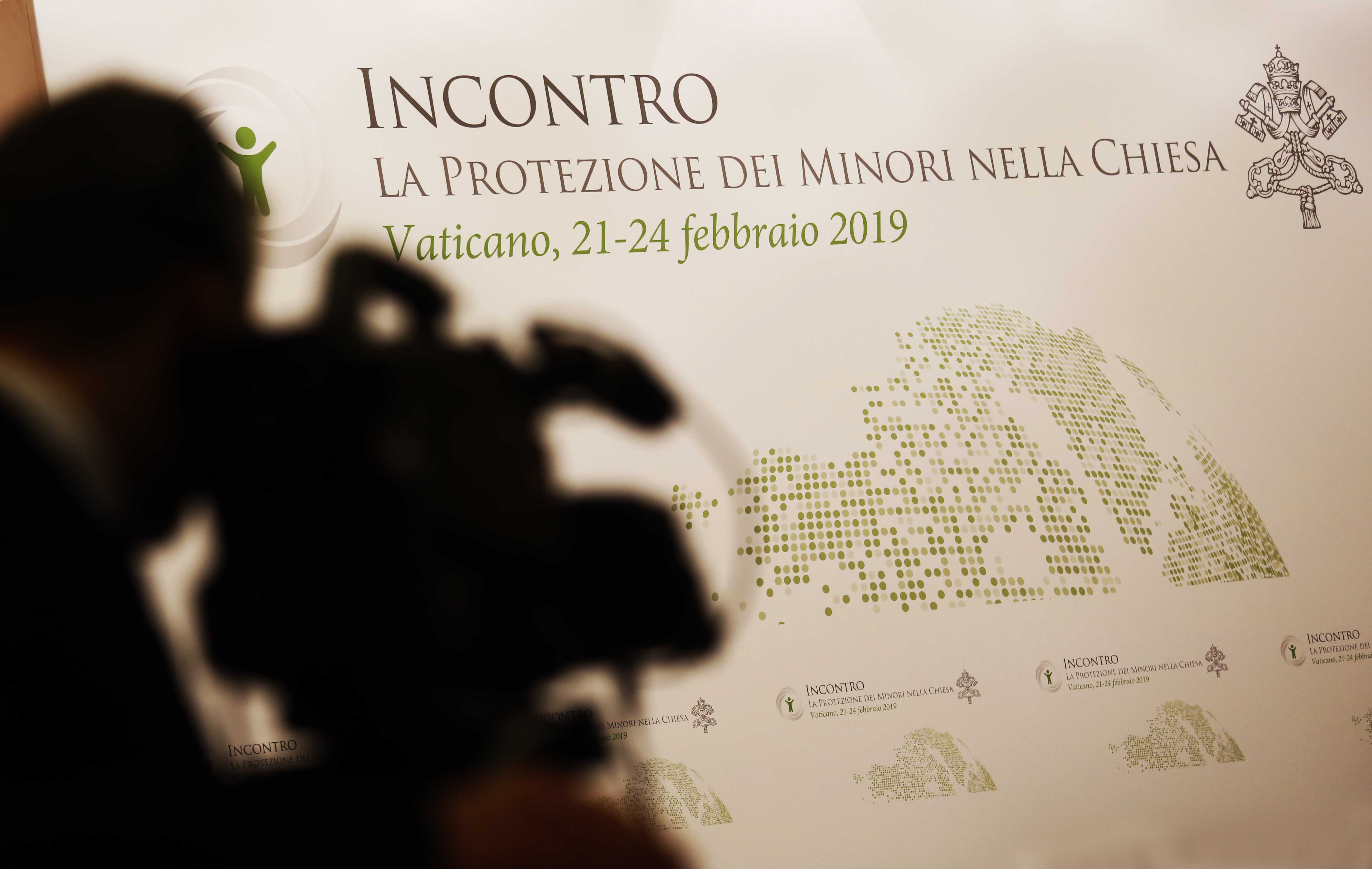Abuse
The loss of trust will not be recovered through control or proper behaviour, nor through fear or ‘zero tolerance’. Similarly, condemning events and abusers will not be enough unless the two are combined: on the one side there is need for a deep-rooted, painful, collective awareness of the fact that we are all responsible for what has happened, on the other it is necessary to adopt rules and procedures ensuring that nobody will ever suffer again because of us; the weak and small in particular must feel protected in the Church that is everyone’s home.

The Church continues to progress into the abyss of evil of abuse. She continues unmistakeably, as a journey whose avenues have been already traced, never taking a backwards step. Those who are still determined to downplay the scope of events and consider this attention excessive must come to terms with this, as well as those who are content with what has been done so far, those who believe that no further move is needed. Along this journey, the Pope’s latest Motu Proprio marks a significant step. After past month’s Vatican summit, and as an expression of it, this legislative document specifies the various aspects linked to these sad events at canonical, formative, pastoral level, stemming from an important statement that invites the whole Church to take charge of the problem so that she may always be – in all of her manifestations – a safe place for everyone, especially for those who make the first steps into life.
The text, signed by the Pope, originates in the experience of synodality lived out by the Church in that encounter, when bishops and victims met engaging in dialogue at equal level, listening to each other with a docile heart (one that lets itself be educated). Perhaps the bishops in particular have learnt something that only the abuse survivors could have taught them. The Papal document somewhat includes them too. In fact it includes the magisterium of the victims!
A Church that takes the initiative
The first aspect that emerge from the text is a Church that is no longer fearful and on the defence. This Church imposes transparency within herself at all levels and to all of her members. After a time of silence and cover-ups, of fear and pretexts of anti-Christian conspiracies, a time when the Church seemed more worried about defending herself than caring for the victims’ suffering, we now witness the growth of a culture of truth within the faith community. This brings undeniable advantages for the Church herself, for her purification and the formation of her ministers – initial and permanent alike – as well as for current Church mission. In fact, through the courage of transparency and truth “the Christian community becomes a relevant agent in the global fight against violence on minors” (L.Prezzi), which is credible not only by virtue of a rich historical past (that cannot be forgotten nevertheless) of educators and pedagogues, but especially by virtue of the coherence she is called to show in the face of today’s scandals.
Also for this reason Francis meticulously defines the lines of conduct and the prevention measures to be adopted in all ecclesial environments. It is necessary to adhere to these with utmost seriousness, given the gravity of the problem and the proportion of the damage. Trust has been betrayed and even the face of God has been deformed in the mind and heart of the abused … But we must not delude ourselves into believing that it will be enough to observe safety standards.
Is everything (and everyone) under control?
I have been told that some time ago, in a parish in northern Europe, the police posted placards informing parents that they could feel safe to bring their children to activities inside the parish because a dedicated monitoring system kept places and people under constant control. I wonder what the local clergy thought about the initiative. But this loss of trust will not be recovered through control or proper behaviour, nor through fear or ‘zero tolerance’. Similarly, condemning events and abusers will not be enough unless the two are combined: on the one side there is need for a deep-rooted, painful, collective awareness of the fact that we are all responsible for what has happened, on the other it is necessary to adopt rules and procedures ensuring that nobody will ever suffer again because of us; the weak and small in particular must feel protected in the Church that is everyone’s home.